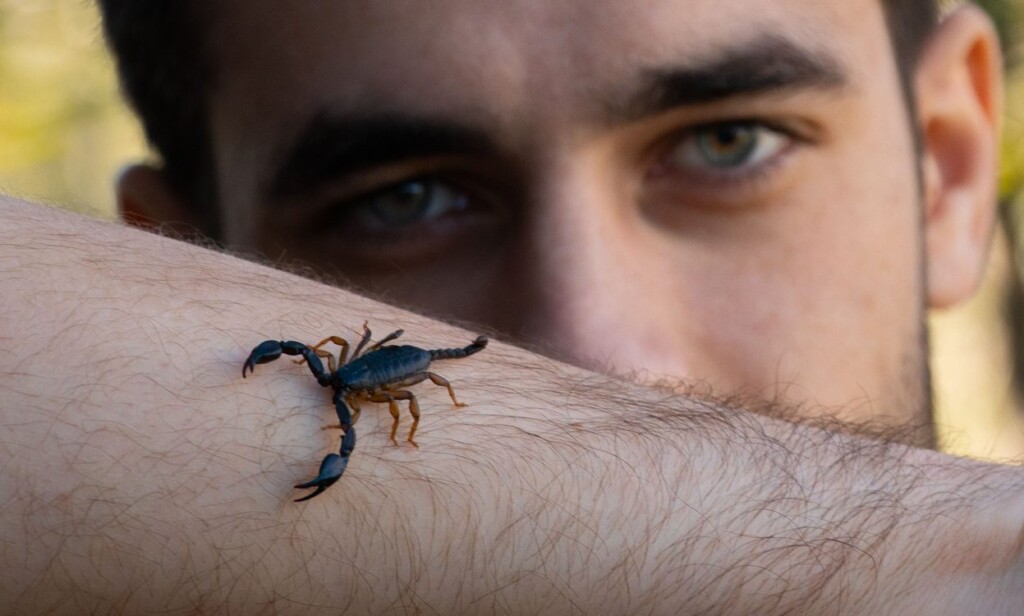
PIB Photo
New Delhi, (IANS): Nanoplastics derived from single-use PET bottles can directly disrupt key biological systems that are vital for human health, according to a study led by the Institute of Nano Science and Technology, Mohali (INST), an autonomous institute of the Department of Science and Technology (DST), on Thursday.
Nanoplastics, found in food and water, are a global concern and are increasingly being detected inside the human body. But their exact effects remain poorly understood.
While many studies had focused on how plastics pollute the environment or damage host tissues, almost nothing was known about their direct impact on beneficial gut microbes that are central to human health.
The team led by Prashant Sharma and Sakshi Dagariya from the Chemical Biology Unit at INST found the first clear evidence of profound consequences to human health.
The researchers found that long-term exposure reduced bacterial growth, colonisation, and protective functions, while increasing stress responses and sensitivity to antibiotics.
"Together, the findings explain that nano-plastics from everyday plastics are biologically active particles that can interfere with gut health, blood stability, and cellular function," said the researchers in the paper published in the journal Nanoscale Advances.
The team recreated Nano-plastics from PET bottles in the laboratory and tested them across three key biological models.
A beneficial gut bacterium, Lactobacillus rhamnosus, was used to see how nanoplastics affect the microbiome.
At higher concentrations, nanoplastics were found to disrupt red blood cell membranes and cause premature destruction of the cells.
Further, the team also found that prolonged exposure led to DNA damage, oxidative stress, apoptosis, and inflammatory signalling, alongside shifts in energy and nutrient metabolism.
"The nanoparticles induce DNA damage, oxidative stress, and inflammatory responses in human epithelial cells during prolonged exposure, posing risks to human health that were previously unrecognised," the researchers said.Beyond human health, the insights can extend to agriculture, nutrition, and ecosystem studies, where microbial balance and plastic pollution intersect, they noted. Indian study finds 1st evidence on how nanoplastics from single-use PET bottles harm body | MorungExpress | morungexpress.com

 – credit Marino Linic
– credit Marino Linic